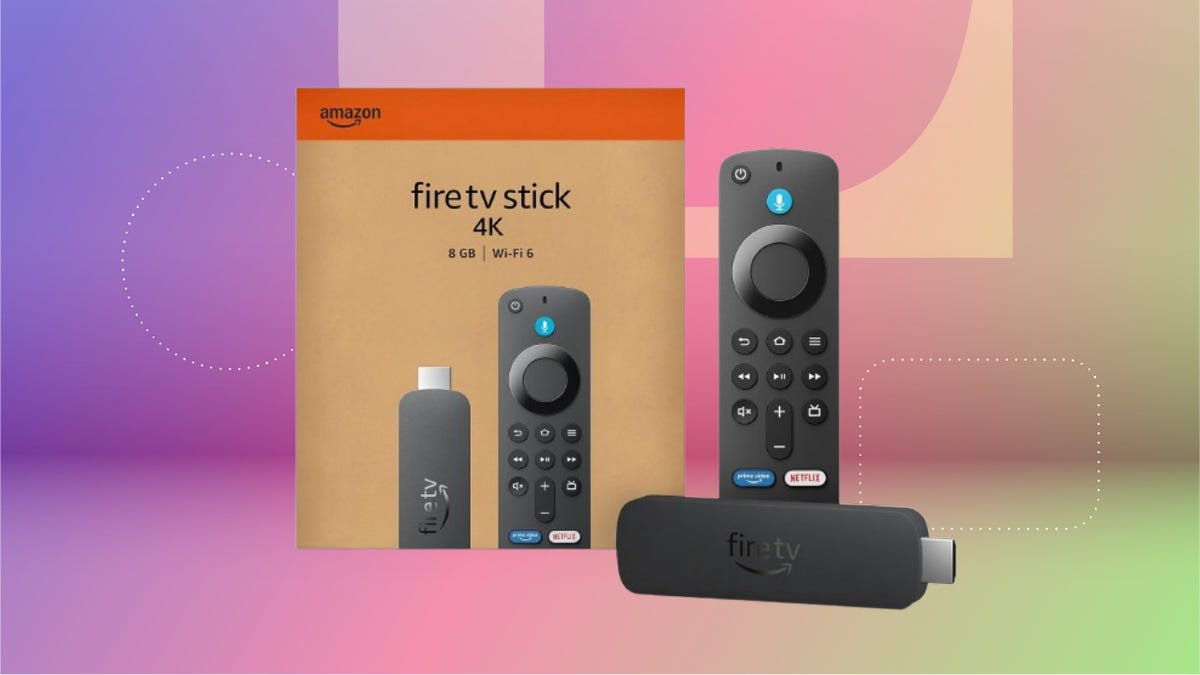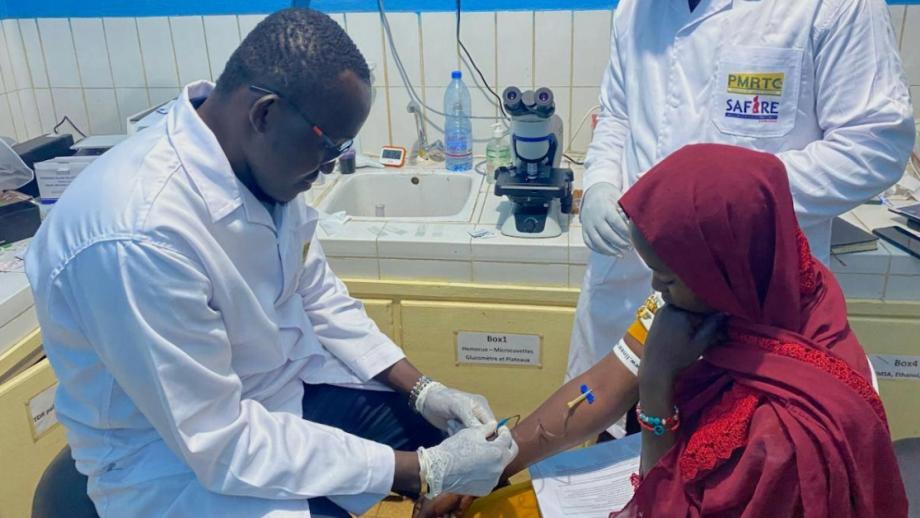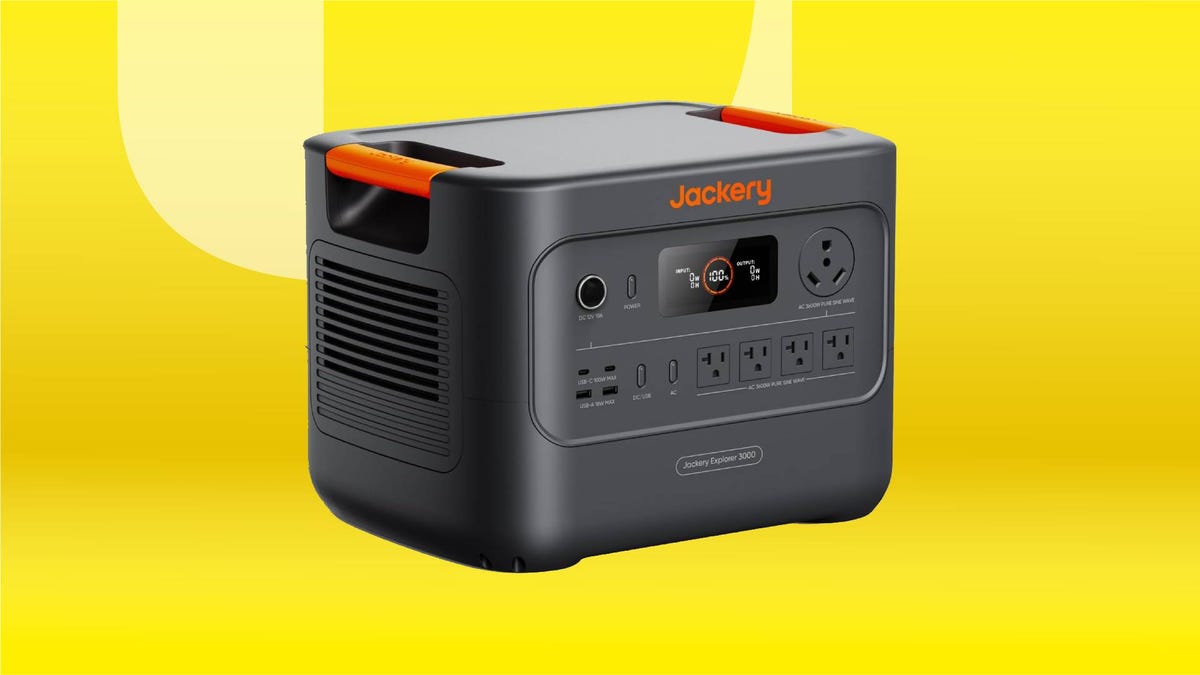Key Points
1. This case highlights the potential for endovenous laser ablation (EVLA) to induce unexpected remission of psoriasis in patients with concurrent venous insufficiency. Clinicians should be aware that EVLA, while addressing vascular…

1. This case highlights the potential for endovenous laser ablation (EVLA) to induce unexpected remission of psoriasis in patients with concurrent venous insufficiency. Clinicians should be aware that EVLA, while addressing vascular…

If your TV isn’t smart, adding a solid streaming device to your setup is an excellent decision. It’s convenient to have your favorite streaming apps — plus a bunch of free live TV channels — all in one place. Not to mention stunning visuals…

Astronomers have witnessed an extraordinary discovery around the icy celestial body, Chiron between Saturn and Uranus encircled by a developing ring system. This discovery has made an extraordinary glimpse into the formation and evolution of…

The first pregnant woman with malaria was enrolled in a clinical…

The work of the poet Maurice Rutherford, who has died aged 103, ranges from love poems and elegies for his late wife to friendly, witty, but sometimes politically trenchant responses to poems by Philip Larkin, and demonstrates that a poet can be…

By Jules Rimmer
Novo Nordisk, Eli Lilly shares drop
The price of weight-loss drugs like Ozempic and Wegovy are in the crosshairs of the Trump administration.
Makers of weight-loss drugs such as Novo Nordisk were under pressure on Friday after President Donald Trump warned he would be pushing down the cost of Ozempic.
During a press conference in the Oval Office Thursday, President Trump made unplanned remarks about what he refers to as “fat-loss drugs.” A reporter asked him if those drugs could end up costing Americans $150 out of pocket – from a current price of over $1,000 at times – and he agreed and later added they could be “much lower.
The American depositary receipts of Ozempic’s producer, Novo Nordisk (NVO), promptly shed 5% in short order while the shares of their main competitor in the weight-loss drug market, Eli Lilly (LLY) also tumbled almost 5% in sympathy. Eli Lilly manufacturers similar products, Wegovy and Zepbound.
Despite soaring sales of these flagship drugs, pharmaceutical stocks have been under pressure this year as the Trump administration has sought to lower the costs of medical treatment in the U.S., while European names have also suffered from the threat of enhanced tariffs on exports to the U.S. This year the Stoxx Europe Pharmaceuticals and Biotechnology index XX:T4570P has fallen 2% compared with the 13% return delivered by the euro Stoxx 50 XX:SX5E benchmark index.
Despite a 9% rally in the past month, for example, Eli Lilly is still only up 6% for the year, underperforming the S&P 500 SPX by 6 percentage points. Novo Nordisk (DK:NOVO.B), which as recently as this summer was the largest company in Europe by market capitalization, has seen its shares plummet 45% so far in 2025.
Trump’s off-the-cuff comments were immediately followed up by the head of Medicare and Medicaid, Mehmet Oz, who was quick to jump in and stress, “we haven’t negotiated those yet”. The price of a month’s supply of Ozempic is approximately $1,000, therefore if Trump follows through on his threat then that represents a 15% hit to Novo Nordisk margins.
Trump made another comment on Ozempic a few weeks ago: “Sometimes it works on people, the ones I’ve seen it hasn’t worked so well. They say to me ‘I’ve lost some weight’, I say ‘you don’t look it to me’,” he said in the Oval Office with Robert F. Kennedy Jr., the secretary of the U.S. Department of Health and Human Services.
Before it veered off into unscheduled comments, the intention of the press conference was to announce a White House deal with Germany’s pharmaceutical company Merck KGaA (XE:MRK) to reduce the price of fertility treatment in return for a reprieve on tariffs. Other companies such as AstraZeneca (U.K.:AZN) (AZN) and Pfizer (PFE) have negotiated similar deals with the U.S. government.
Read: Trump rolls out his latest deal with a drugmaker. This one stems from his campaign promise to cover all IVF costs.
-Jules Rimmer
This content was created by MarketWatch, which is operated by Dow Jones & Co. MarketWatch is published independently from Dow Jones Newswires and The Wall Street Journal.
(END) Dow Jones Newswires
10-17-25 0605ET
Copyright (c) 2025 Dow Jones & Company, Inc.
EMA has recommended granting a marketing authorisation in the European Union (EU) for Brinsupri (brensocatib) 25 mg tablets, for the treatment of non-cystic fibrosis bronchiectasis (NCFB) in patients aged 12 years and older who have had two or more exacerbations (flare-ups) in the prior 12 months.
NCFB is a chronic, progressive lung disease resulting in damaged airways and severe pulmonary dysfunction, often leading to chronic cough and airflow obstruction due to abnormal mucus production. It is driven by repeated infections and inflammation, and can be triggered by several causes, including respiratory infections, autoimmune diseases (when the body’s own defence system attacks normal tissue) and immunodeficiency disorders (when body defences are reduced from birth). The estimated number of patients with NCFB in the EU is between 400,000 and three million.
Patients typically experience between one and four exacerbations per year. Exacerbations are associated with a progressive decline in lung function, decreased quality of life and increased mortality. There are currently no authorised medicines for NCFB; patients rely on airway clearance and receive antibiotics and anti-inflammatory medicines.
The active substance of Brinsupri is brensocatib, a substance that inhibits dipeptidyl peptidase 1 (DPP1), an enzyme involved in the activation of neutrophils (a type of white blood cells). Recurrent activation of neutrophils in patients with NCFB leads to the excessive release of the proteins neutrophil serine proteases (NSPs), causing airway wall damage, excessive mucus, sustained inflammation and impaired functioning of the immune system. By inhibiting DPP1, brensocatib prevents the activation of NSPs, thereby reducing their harmful activity in the lungs.
Brinsupri was supported through EMA’s PRIority MEdicines (PRIME) scheme, which provides early and enhanced scientific and regulatory support to medicines that have a particular potential to address patients’ unmet medical needs. EMA’s human medicines committee, the CHMP, reviewed the application for marketing authorisation under an accelerated timetable because Brinsupri is considered to be of major public health interest.
The recommendation is based on the results of a randomised, double-blind, placebo-controlled clinical trial in 1,767 patients. Patients receiving Brinsupri 25 mg tablets had a 19.4% reduction in the annual rate of pulmonary exacerbations and a 14-week delay in the median time to the first pulmonary exacerbation. The proportion of patients remaining exacerbation-free at week 52 was also significantly higher in those treated with Brinsupri.
The most common side effects reported with Brinsupri were headache, inflammation of the gums (gingival and periodontal diseases), and problems with the skin, including hyperkeratosis (thick skin), dermatitis (swelling and irritation of the skin), rashes and dry skin.
The opinion adopted by the CHMP is an intermediary step on Brinsupri’s path to patient access. The opinion will now be sent to the European Commission for the adoption of a decision on an EU-wide marketing authorisation. Once a marketing authorisation has been granted, decisions about price and reimbursement will take place at the level of each Member State, taking into account the potential role or use of this medicine in the context of the national health system of that country.
Notes:

No power? No problem. Whether you live in a part of the world where power outages are a regular occurrence, or you just like to be prepared, a portable power station is certainly a worthwhile investment. They can keep the lights on for hours or…